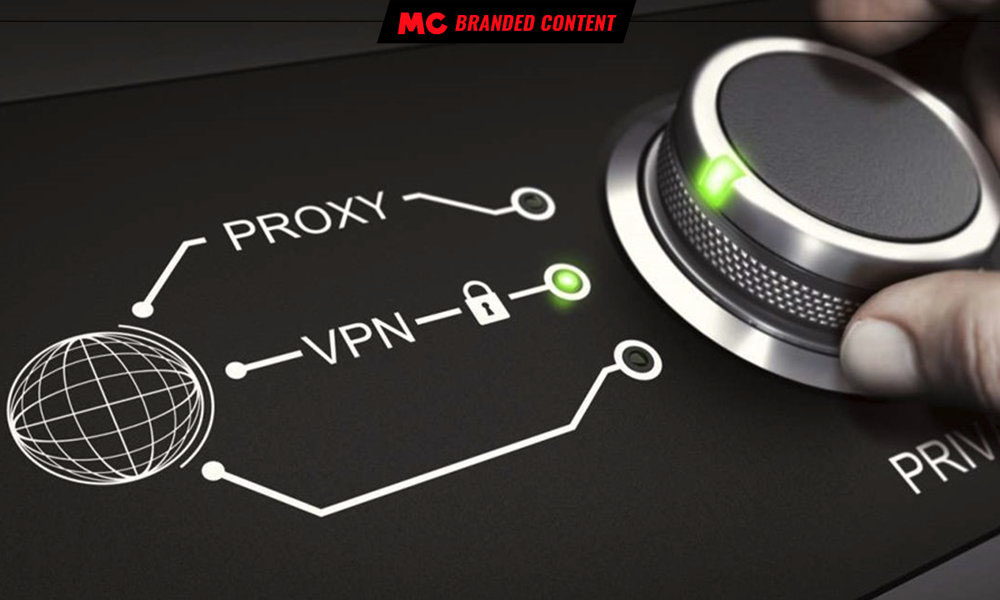
If someone asked you, “Do you prefer to use a VPN connection or a Proxy when browsing the internet?”, What would your answer be? You may not even be clear about what the person asking you is referring to. Or you may know, but you are not sure which of the 2 is more convenient for you at all times.
Don’t worry because in this article we are going to explain what a VPN is, what a Proxy is, how they differ and how to know which one to use when it suits you best. Surely after reading this article all your doubts will be cleared and you will know which of the 2 tools best suits your needs.
What is a Proxy and what is it for?
We do not want your brain to scorch, so we are not going to give you very complicated explanations about these concepts. A Proxy is a server that acts on your connection between the device from which you connect to the internet and the web that you are going to visit or the content request that you are making at that moment. Thus, the web page will not receive your real connection data, but rather those from the Proxy server, preventing the pages from actually locating you.
What can this be practical for? Well, proxies are basically used to access certain content blocked in your location such as web pages or, especially, streaming services. It is also used to control access to Internet users by companies. In current times when teleworking is increasing, it can be very useful to give access to your workers or deny it to unauthorized people, such as hackers.
Lastly, proxies are often used as local caches. These servers store all the necessary information. In this way, when you have to access a web page continuously, the server will deliver the request with the content so that you can avoid the inconvenience and loss of time.
Do you have a little more clear what a Proxy is? Perfect. Let’s now analyze what a VPN is.
What is a VPN and what is it for?
A VPN connection has certain similarities to a Proxy. When you connect to the internet with a VPN connection, this connection will also be made through one of the servers that the VPN providers have in the world. So, as with a Proxy, your connection will be masked from web pages or internet providers.
On the other hand, with a VPN, a virtual private network will be created that will serve to prevent unwanted people from accessing this network in the business environment. What is the main difference then between a Proxy and a VPN? That the VPN adds additional protection to your connections that proxies do not offer you. VPNs are accompanied by A-256 encryption (a system that has not yet been compromised by hackers) that will allow you to browse safely, as well as privately.
So we can say that if your main objective is that your internet connections are shielded to avoid any loss of data in favor of malicious companies or people, your best option will be to choose a VPN connection. This is very necessary, especially if for work or leisure you usually travel abroad and have to connect continuously to a public network. These types of networks are a focus for scammers and cybercriminals who can access your device much more easily and obtain all the information they need for their benefit.
VPN and Proxy: Conclusions
That said, to summarize, if what you need is to simply hide your IP address or your location from a website made in a perhaps a little simpler way, a proxy will suffice. If what you need, in addition to hiding your IP and your location to access certain content or get better prices on your online purchases, is to browse the Internet more safely, even when you are accessing from places and public networks, your best option will go to a VPN connection.
We hope that this information has dispelled your doubts about what are proxies and VPN connections and which one is closer to your real needs when browsing the internet.



